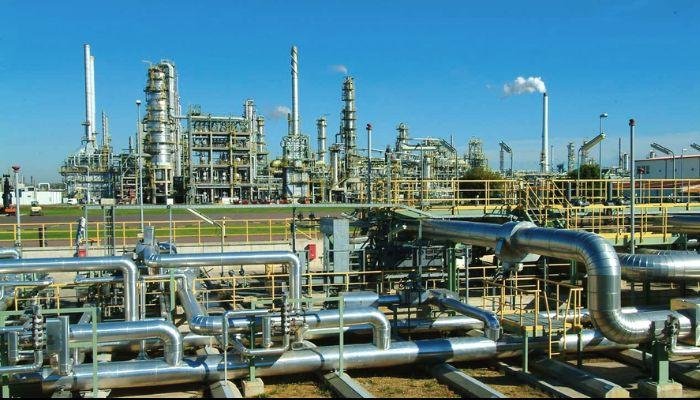
The Gulf Cooperation Council (GCC) is home to some of the world’s largest oil refineries — powerhouse facilities that drive both regional energy output and global export markets. For businesses looking to break into this market, understanding the landscape, procurement protocols, and the importance of local presence is key.
Major Refineries & Energy Hubs in the GCC
Oil & Refining Giants (Oil Majors):
- Saudi Aramco’s refineries, including Ras Tanura, Jubail, and Yanbu — state-of-the-art, highly automated complexes, central to the Kingdom’s energy strategy.
- ADNOC’s Ruwais Refinery in the UAE — a downstream giant with massive petrochemical integration.
- Bapco (Bahrain) — the main refining asset serving domestic and export needs.
- KOC / KNPC’s Al-Zour Refinery in Kuwait — a new mega-project with a capacity ~615,000 bpd, now online. Wikipedia
- OQ in Oman — runs refineries and petrochemical plants under its diversified energy portfolio. Wikipedia
Utility & Water Desalination Authorities:
- SWCC (Saudi Arabia) — the world’s largest desalination operator.
- EWA (Bahrain Electricity and Water Authority) handles integrated power and water.
- DEWA (Dubai Electricity & Water Authority) provides utility services at scale.
These bodies don’t refine petroleum, but they drive massive public infrastructure demand — offering opportunities in valves, coatings, pumps, and allied industrial supplies.
GCC Procurement Landscape: Rules of the Game
Working with GCC oil, water, or infrastructure titans demands navigating a rigorous procurement ecosystem:
• Vendor Registration & Pre-Qualification
Entities like Aramco and ADNOC require formal registration via their supplier portals.
- Aramco onboarding entails registration on its e-Marketplace, commodity listing (MSG codes), ISO/QHSE certificates, financials, and IKTVA (local content) scores. AramcoEPS Support
- ADNOC’s Supplier Hub involves account creation, documentation, pre-qualification forms, and approvals — all before you’re invited to bid. officesquare.com
• Tendering & Procurement Protocols
Most GCC entities run structured procurement cycles with strict tender evaluation, scoring, and bank guarantees. Transparency, documentation, and fairness are non-negotiable. GCC-SGUnited States Trade Representative
• Local Content & Localization
GCC nations increasingly mandate local content involvement. Higher in-country value (local labor, manufacturing, services) means better chances — especially under initiatives like Aramco’s IKTVA. EPS SupportResearchGate
How to Win Business: A Straightforward Roadmap
- Register on Official Portals
- Complete supplier registration for each major entity (e.g., Aramco, ADNOC, Bapco).
- Clearly list the commodities/services you offer and maintain clean documentation.
- Secure Pre-Qualification (PQ)
- Pass capability, reliability, and compliance tests (ISO, financials, safety, experience, etc.).
- Invest in Local Presence
- Either set up a regional office or partner with local agents — this pays off, especially under local content rules.
- Understand Procurement Cycles
- Track tender announcements, understand evaluation criteria, be ready with capability statements and price models.
- Be Audit-Ready & Reliable
- Keep certifications, structural drawings, QA reports updated — GCC players audit aggressively.
- Leverage Localization Scores
- In Saudi, for example, companies with IKTVA alignment win more bids. EPS Support
Why Approval + Localization Matter
Approvals prove you can deliver safely, quality-wise, and consistently.
Localization shows your commitment to the region: investing in people, supply chains, and sustainability. The GCC is rapidly evolving — and so are its procurement expectations.
Final Word
Want your company to sell into Aramco, ADNOC, Bapco, or water utilities in the GCC?
Here’s your blueprint:
- Register properly.
- Meet pre-qual standards.
- Build credible local capacity.
- Stay tender-ready.
- Align with localization policies.
- And don’t forget to procure your mechanical items from GCCVALVES !
